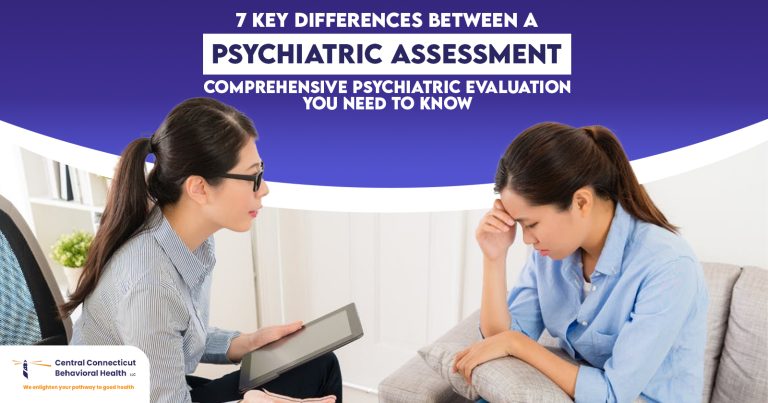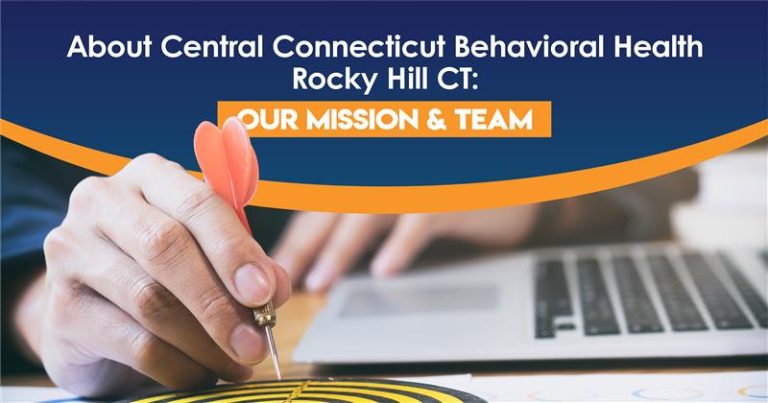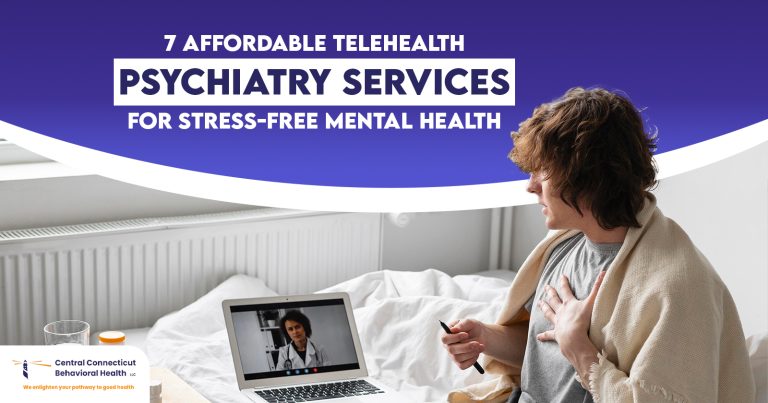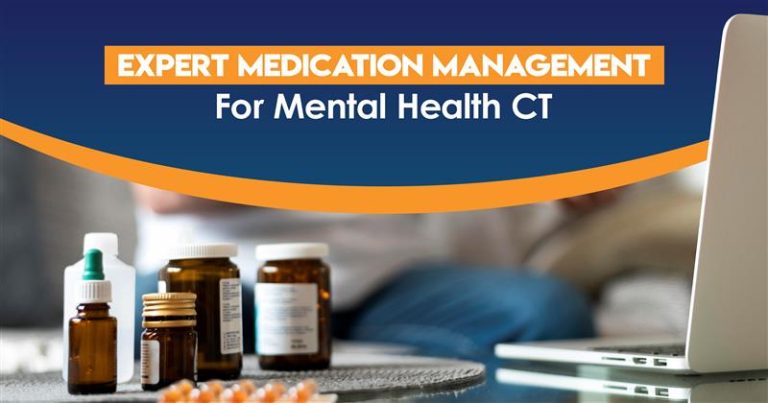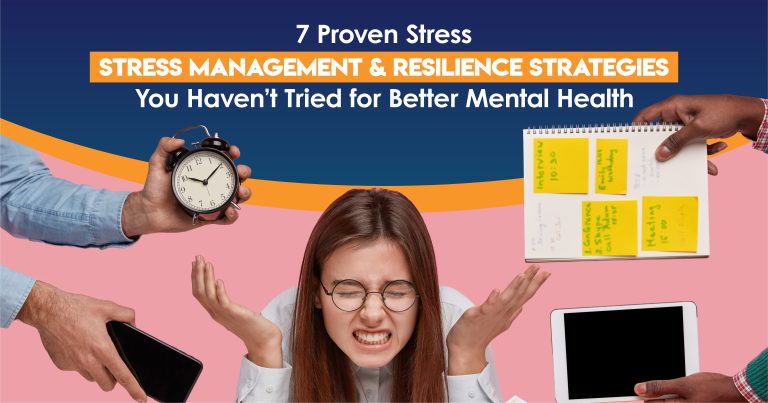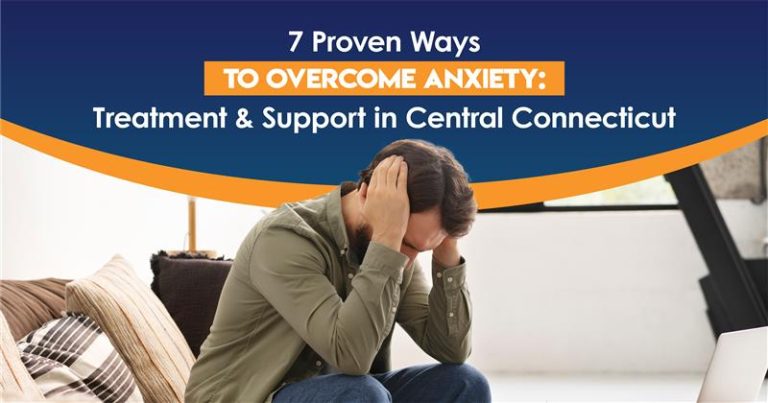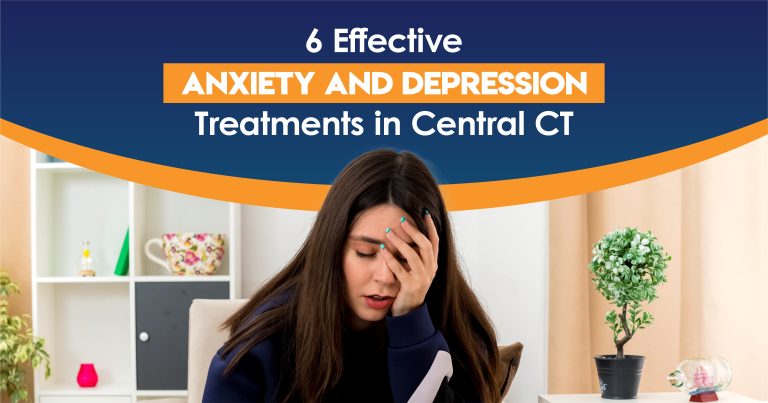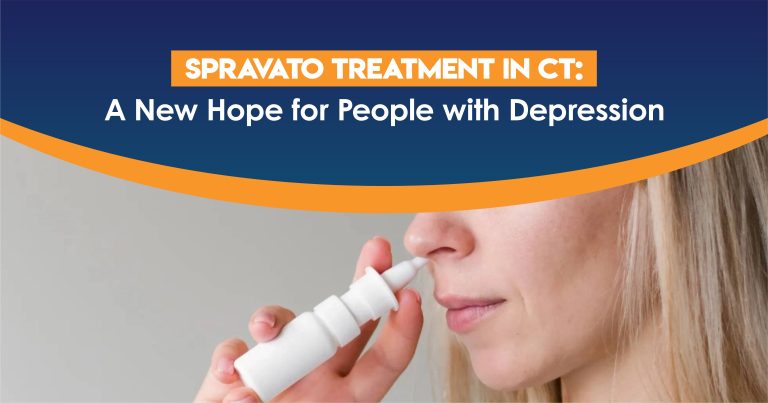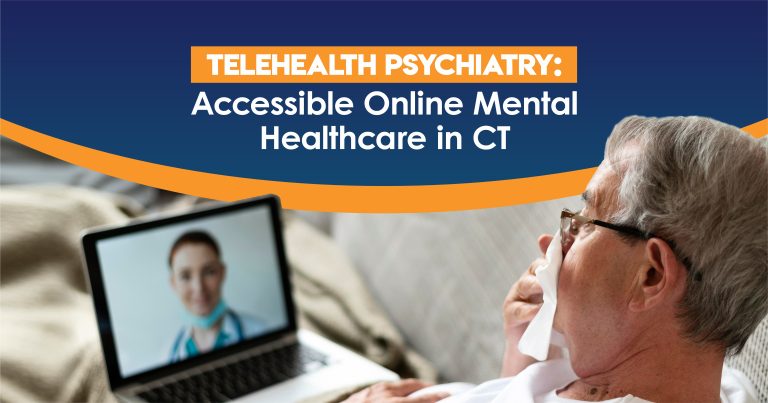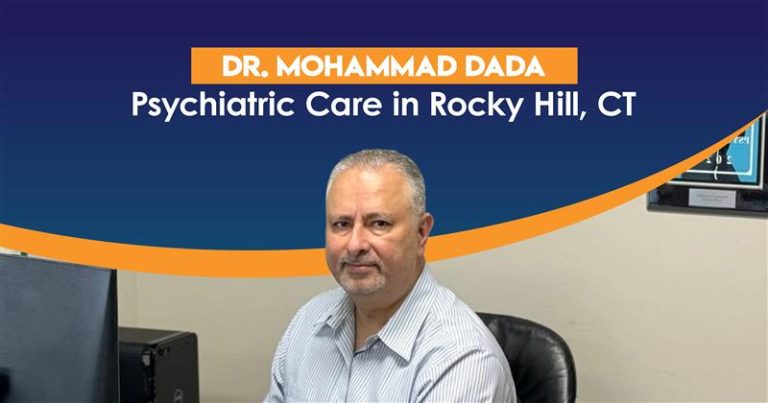Deciding to go for a comprehensive psychiatric evaluation can feel like a big step, especially if it is your first time. You may be asking yourself, what to expect psychiatric evaluation and how it may affect your treatment journey.
A psychiatric assessment does not involve just responding to inquiries. It may involve your family history, medical history, behavioral patterns, and even daily habits like eating, sleeping, and how you deal with stress.
Many people have anxiety that the evaluation will feel invasive. The evaluation will give important information for the psychiatrist or therapist to use when making a unique treatment plan that is exclusively for you.
What to Expect Psychiatric Evaluation
Knowing what to expect psychiatric evaluation gives you peace of mind. It helps you prepare emotionally and practically.
At Central Connecticut Behavioral Health, we guide patients through each step of this process with compassion and professionalism, ensuring that no one feels lost or unsupported during their evaluation.
Why a Comprehensive Psychiatric Evaluation Matters
A psychiatric evaluation is the first step toward identifying your mental health needs. It helps the psychiatrist understand your symptoms, background, and goals. The evaluation builds a roadmap for treatment.
Many people feel nervous before this visit. They wonder what to expect at psych eval for depression or worry about being judged. In reality, it is a supportive process where the doctor listens and guides you.
First Psychiatry Appointment What to Expect
Your first psychiatry appointment and what to expect psychiatric evaluation depends on your situation, but most evaluations follow a clear structure.
Think of it as an intake process. You don’t need to prepare long answers, but being honest helps.
Step-by-Step Guide to a Comprehensive Evaluation
-
Initial Intake
The psychiatrist welcomes you and explains the purpose of the visit. This stage is often about preparing for psychiatric evaluation when the main concern is mood-related issues.”
-
Personal and Medical History
The doctor asks about your past medical problems, family history, and current concerns.
-
Discussion of Symptoms
You explain what you feel—sadness, anxiety, sleep problems, mood swings, or stress.
-
Mental Status Examination
The psychiatrist may observe your mood, memory, focus, and thought patterns.
-
Diagnosis and Recommendations
At the end, you may get a diagnosis or initial recommendation—like starting medication. If so, you can explore how we’ll support you with medication management after your evaluation.
How Long is Psychiatric Evaluation Duration?
On average, it lasts 45 to 90 minutes. The length depends on your condition and the detail of your history.
What’s Included in a Comprehensive Psychiatric Evaluation
Psych Eval for Anxiety
If you struggle with worry, restlessness, or panic attacks, a psych eval for anxiety will look at triggers, coping skills, and possible biological causes. If anxiety is a primary concern, our evaluation considers triggers and coping mechanisms—and you can learn more about our specialized anxiety treatment in CT.
Psych Eval for Depression
A psych eval for depression assesses low mood, energy levels, and patterns of thought. It helps determine if therapy, medication, or both are needed. For those managing severe depression, we assess whether advanced options like Spravato treatment for treatment-resistant depression might be appropriate.
Psychiatric Assessment Consent
Before starting, you’ll sign a psychiatric assessment consent form. This ensures you understand the process, privacy rules, and how information will be used.
Telepsychiatry Evaluation
For patients who cannot visit in person, a telepsychiatry evaluation is an option. It provides the same depth but through secure video calls.
How to Prepare for Your First Psychiatry Appointment
- Write down your main symptoms.
- Note when symptoms started.
- Bring a list of medications.
- Mention family history of mental illness.
- Be open and honest.
Some patients search for how to prepare for psych eval for anxiety and psych eval for depression to make sure they are ready.
Benefits of an Evaluation
A comprehensive psychiatric evaluation understanding psychiatric evaluations in depth provides:
- A safe space to talk
- Professional understanding of symptoms
- Clear treatment options (therapy, medication, or both)
- A plan for follow-up visits
Tips for a Smooth First Visit
- Arrive early to complete paperwork.
- Bring ID and insurance details.
- Carry any medical records or lab results.
- Stay calm; psychiatrists are trained to help, not judge.
Conclusion
Understanding what to expect psychiatric evaluation is the key to reducing fear and uncertainty. You will share your story, answer questions, and receive guidance for treatment. Remember, the goal is to help you, not to judge you.
A comprehensive psychiatric evaluation is a vital process for understanding an individual’s mental health and developing an effective plan for care.
Follow-ups, therapy, and medication reviews ensure continued progress. At CCBH, patients receive compassionate guidance throughout the process. From the very first step, CCBH ensures evaluations are smooth, respectful, and tailored to each patient’s unique needs.
FAQs
What happens during a comprehensive psychiatric evaluation?
It includes intake, medical history, discussion of symptoms, mental status exam, and treatment planning.
What if I feel nervous?
It’s normal. Psychiatrists know patients may be anxious and will guide you step by step.
How should I prepare?
Bring details of past treatments, medications, and be honest about your concerns.
Does it include medical tests?
Sometimes. Blood work or physical exams may be recommended to rule out other causes.



